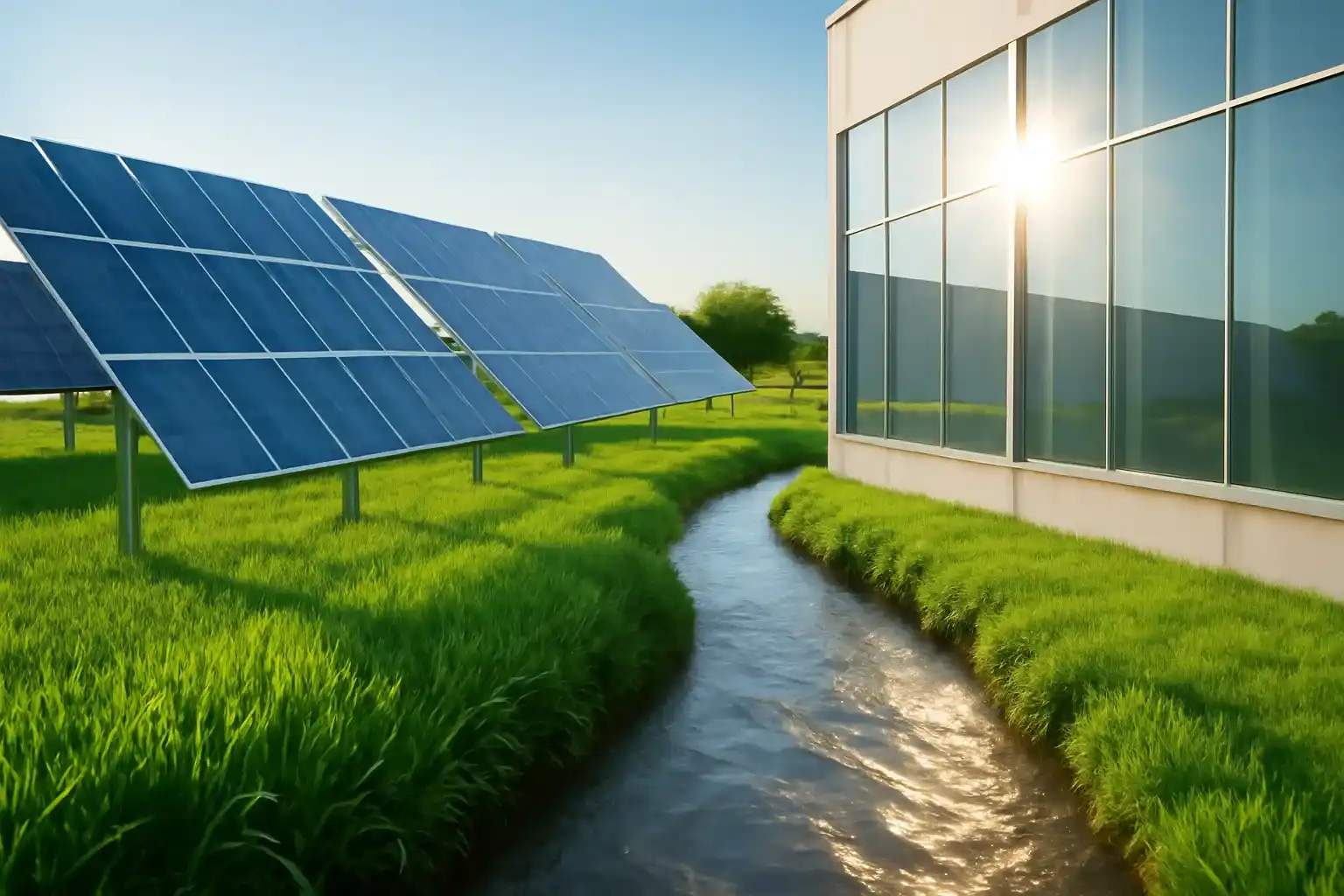Protecting the Pipelines Have Become the Need of the Hour

Pipeline security refers to the safeguarding of pipelines that are heavily used for commercial purposes to transmit natural gas, water, refined goods, crude oil, chemicals, and other commodities across international and state borders. Due to an increase in illegal tapping, sabotage, and the threat of terrorist attacks, pipeline security has become a need. The pipeline security market is divided into surveillance solutions, tracking solutions, intrusion detection solutions, identity access control solutions, and secure communication based on the security company's solutions.
Natural gas demand is expected to grow at a greater rate than conventional coal demand in the future.
As the demand for natural gas grows, so does the requirement for pipeline security. This was projected in light of the need to meet global carbon reduction objectives in order to transition to an environmentally friendly manufacturing sector. Furthermore, the oil and gas industry is the most vulnerable to state-sponsored cyber-espionage efforts, which can compromise physical infrastructure. Because of these flaws, industry players have been forced to divert large sums of money to security. During the projected period, the pipeline security market is expected to develop owing to the rising demand for oil and gas due to the world's fast-growing population.
IoT and Cyberthreats are on the rise, positively impacting the pipeline security market during the forecasted period.
The pipeline security industry's top players are investing a lot of money in developing Internet of Things (IoT) based systems that will be able to detect any leaks across pipes, which will help the business grow. Furthermore, demand for natural gas is likely to rise in the next years as a result of rising worries about carbon emissions and the adoption of environmentally friendly alternatives in the industrial sector, resulting in increased demand for pipeline security. The unexpected rise in the number of cyber-threats and terrorist acts around the world is a huge source of concern for any government. Several countries' governments are investing money to secure pipelines and prevent similar assaults. During the projected period, the market is expected to be driven by rising concern and awareness.
Huge Installment Costs stymie the growth of the pipeline security market
The high installation costs that are connected with pipes, as well as security maintenance costs are huge. Some of the primary aspects that impact the cost of the whole project are the manpower costs, the cost of monitoring systems, software, and AI installation, among others. Aside from that, another significant market constraint is the degradation of fertile land. Pipelines and security systems require extensive subsurface access, which is inconvenient for farmers and landowners because this activity results in massive soil degradation. As a result, the land's production potential is hampered, and it is unsuited to be used in the next years as well. In the approaching years, this aspect is also predicted to stifle market expansion.
SCADA Software is expected to grow exponentially contributing to the growth of the pipeline security market.
Supervisory Control and Data Acquisition or SCADA software has grown at a lightning rate during the last decade. The industry vertical employees can utilize the SCADA software which allows them to analyze data and make critical choices from any remote location. It also aids in the mitigation of concerns by providing a speedy reaction by processing, displaying, and distributing data via a Human Machine Interface or HMI. The pipeline SCADA system is used to identify various risks and leaks, and alert security personnel or maintenance crews instantly. It provides a one-of-a-kind solution for detecting on- and subterranean activities. The applications are used to identify leaking and digging in particular. SCADA technologies are used to properly monitor, as well as, control this huge oil pipeline network. The pipeline for SCADA has hundreds of remote terminal units connected to field sensors that measure the pressure, rate of flow, and temperature of oil moving through pipes, as well as modify the status of valves and pumps along the pipeline. According to the U.S. Energy Information Administration, global energy demand is predicted to exceed 681 quadrillions BTU by 2040. The growing demand for natural gas production and supply around the world, in order to reduce carbon emissions, necessitates the installation of pipeline security measures.
North America is predicted to hold a considerable market share during the forecasted period.
Based on geography, the analysis divides the pipeline security market into the North American region, European region, south American region, the Middle East and African region, and the Asia Pacific region. Analysts predict that the North American region have a significant share of the market during the projected period. Due to increased shale gas exploration in the region, the North American region is expected to hold a considerable market share over the projection period. Natural gas production in the United States was 34.4 trillion cubic feet in 2020, according to the United States Energy Information Administration, primarily to shale and other tight geologic formations. This increase in natural gas output in the country is also predicted to contribute to the growth of the pipeline security market, as increasing production will lead to greater demand for pipeline security solutions in the coming years. The growing investments in oil and gas are driving the pipeline security market in the European region as it is heavily reliant on foreign natural gas supply and has previously experienced severe gas shortages, owing to the technical complexity of the high-pressure natural gas infrastructure and political instability in some of the source nations.
Covid Insights
The coronavirus pandemic severely impacted the pipeline security market including the effects of the lockdown, manpower shortages, government curfew laws, export hurdles, and disruption of the supply chain on the market. The analysis shows that the pandemic has moderately impacted the market. The market did experience a pause as the government shifted its priority to dealing with the outbreak. However, analysts predict the pipeline security industry to rebound in the next years, driven by the increased requirement for safety.
Get in Touch
Interested in this topic? Contact our analysts for more details.
Latest Blogs

Solar Control Window Films Market expected to reach USD 1,224.951 million by 2030
RecentlyTop Companies Leading the Silicon-Based Capacitor Revolution
Recently
The Role of Chemical Blowing Agents in Sustainable Foaming Solutions
Recently
Top 10 Emerging Beverages Set to Dominate the Market in the Coming Years
Recently